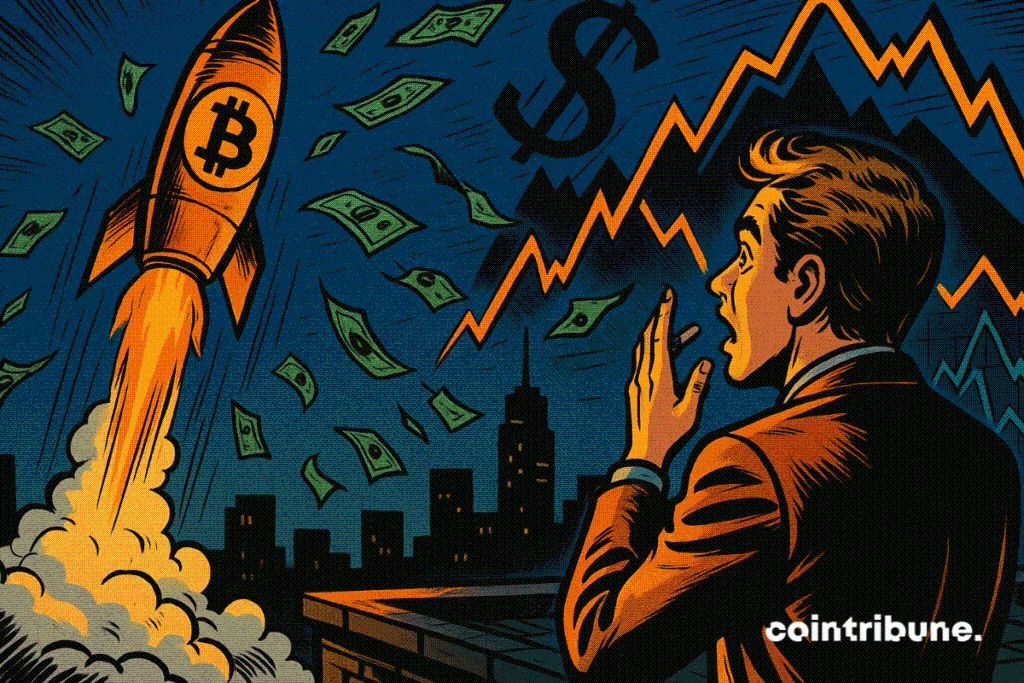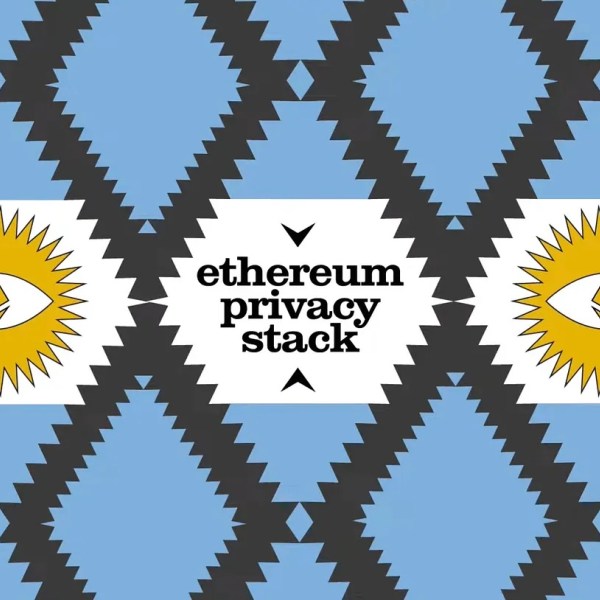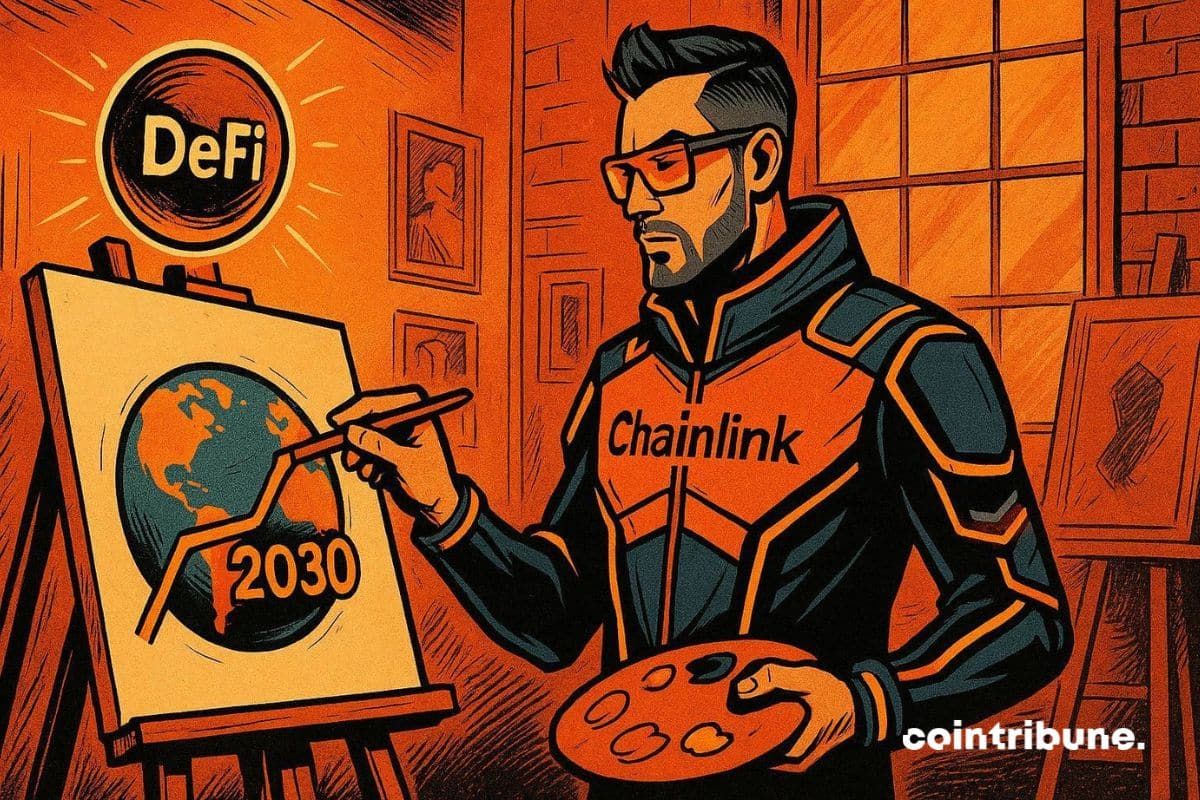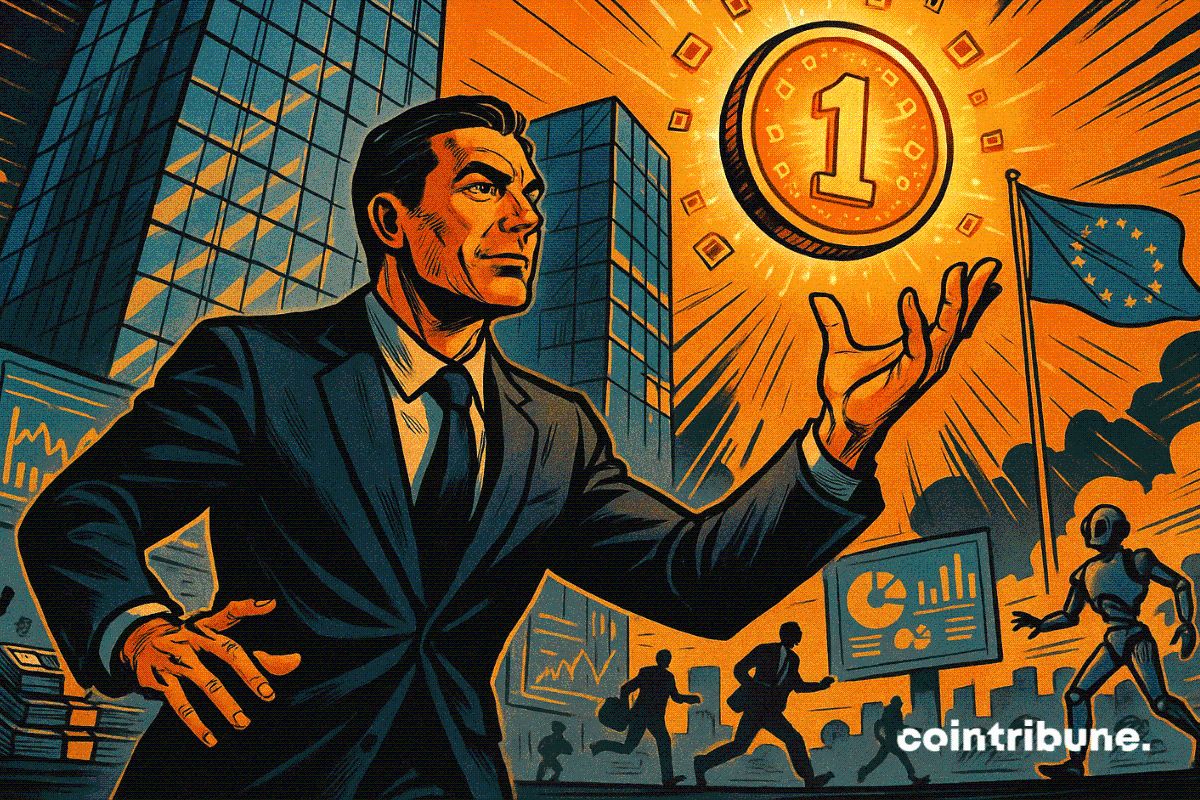National Bitcoin Reserve Could Rock BTC Prices and Dollar Stability, Warns Crypto Executive
The proposal of using Bitcoin (BTC) as a strategic reserve has been gaining attention, with several countries already adding the digital currency to their holdings. In March, President Donald Trump signed an executive order to set up a Strategic Bitcoin Reserve in the United States. While the initiative received support in some quarters, Haider Rafique, a senior executive in the crypto industry, has expressed strong reservations. He warned that establishing a national reserve of BTC could bring negative consequences for both the cryptocurrency and the U.S. dollar.

In Brief
- Haider Rafique warns that a national Bitcoin reserve could create market instability and put downward pressure on BTC’s price.
- Rafique highlights that a national Bitcoin reserve could undermine confidence in the US dollar and lead global investors to shift to safer assets.
- The Cato Institute questions the economic foundation of a Bitcoin reserve, arguing it relies on speculation and cannot reliably strengthen the dollar.
Rafique Warns of Bitcoin Price Risks
Haider Rafique, the global managing partner for government and investor relations at crypto exchange OKX , cautioned that a national Bitcoin reserve could unsettle the market. A sudden sale from a government holding a large share could flood supply, push prices down, and create instability for investors.
He added that political turnover increases the risk , as one administration might support Bitcoin while a future one could reverse those policies. Any decision by a new administration to sell national reserves could create uncertainty and trigger large-scale liquidations. In a market with a concentrated government reserve, such sales could overwhelm demand and significantly push down Bitcoin prices.
It’s worth noting that even private investors with large holdings attract attention when selling, so a government-level transaction would have an even greater impact.
The crypto executive cited Germany’s sale of 50,000 BTC in 2024. The transaction added a substantial amount of Bitcoin to the market, which put downward pressure on prices and kept Bitcoin below $60,000. This shows how state-level actions can influence market trends and suppress price recovery.
Bitcoin Reserve Could Undermine Confidence in the Dollar
Rafique connected the idea of a Bitcoin reserve to potential consequences for the U.S. dollar. The biggest risk, he argued, is that such a reserve could undermine confidence in the dollar. If global investors perceive it as a sign of dollar weakness, they might shift funds into traditional safe havens like gold or the Swiss franc.
That kind of shift could put pressure on riskier markets and trigger waves of selling. According to Rafique, widespread liquidations could follow, leading to broader financial instability. In this way, a policy designed to strengthen reserves might instead weaken the wider economic system.
Cato Institute Questions Economic Sense of a BTC Reserve
The Cato Institute also criticised the plan earlier this year , arguing that it lacks a strong economic foundation and relies more on speculation than practical reasoning. Their concerns highlight several potential issues with a national Bitcoin reserve:
- Reducing national debt with a Bitcoin reserve is unreliable because it depends on the asset rising in value and the government eventually selling its holdings, which would likely draw backlash from BTC supporters.
- The institute questioned comparisons between BTC and gold, pointing out that a Bitcoin reserve would not strengthen the dollar. Gold has not backed the dollar since 1971, making the idea that Bitcoin could play a similar role unreliable.
- Cato noted that Bitcoin has gained little from government actions, with restrictions on selling existing holdings preventing further government-driven gains and leaving investors who had expected them disappointed.
While the proposal has been welcomed in some circles, the criticisms underline the potential dangers. For both financial markets and the broader economy, the costs described by Rafique and Cato raise questions about whether such a reserve would achieve its intended goals .
Disclaimer: The content of this article solely reflects the author's opinion and does not represent the platform in any capacity. This article is not intended to serve as a reference for making investment decisions.
You may also like
Ethereum Privacy’s HTTPS Moment: From Defensive Tool to Default Infrastructure
A summary of the "Holistic Reconstruction of Privacy Paradigms" based on dozens of speeches and discussions from the "Ethereum Privacy Stack" event at Devconnect ARG 2025.

Donating 256 ETH, Vitalik Bets on Private Communication: Why Session and SimpleX?
What differentiates these privacy-focused chat tools, and what technological direction is Vitalik betting on this time?

Ethereum Raises Its Gas Limit to 60M for the First Time in 4 Years

DeFi: Chainlink paves the way for full adoption by 2030

